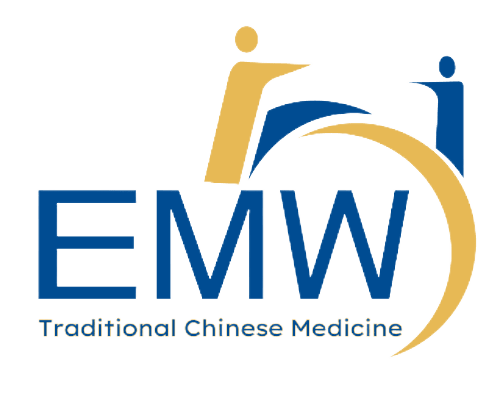TCM & Thyroid Disorder
Recently, there have been many studies about how TCM treat thyroid disorders. Our thyroid produces two main hormones, triiodothyronine (T3) and thyroxine (T4), which control how our body uses energy. If the thyroid gland produces too much or too little of these hormones, it can have a significant impact on the body’s metabolism, growth, and development.
TCM believes that thyroid disease is a “psycho-physiological disorder”, the symptoms of which are caused or exacerbated by stress and emotional factors, and it’s often seen people with thyroid disorders have emotional or mental symptoms in addition to physical symptoms. According to a recent study, emotional stress and psychological factors are related to the onset of thyroid disorders.
How EMW TCM treats thyroid disorders
In TCM, we use either herbal medication, acupuncture, moxibustion, or tuina, or the combination of all, to help thyroid patients manage and cope with emotional stress or other psychological factors that can cause or worsen their condition.
In EMW, we take a personalized approach to treating thyroid disorders based on individual symptoms and body constitution. For example, a hypothyroid patient who is fatigued and gaining weight would be treated differently than another patient with hypothyroidism who experiences a different set of symptoms.
Your treatment plan usually involves:
- Detailed TCM Assessment
- TCM herbal prescriptions
- Acupuncture
- Lifestyle/dietary advice
What are the symptoms of Hyperthyroidism and Hypothyroidism?
Hyperthyroidism, or overactive thyroid, is a condition in which the thyroid gland secretes excessive amounts of T3 and T4. Common symptoms include:
- Increased hunger
- Increased heart rate, or palpitations
- Increased sweating
- Anxiety, or nervousness
- Weight loss
- Hand tremors and shakiness
- Changes in menstrual patterns
- Heat intolerance
- Goiter (an enlargement of the thyroid gland)
Hypothyroidism, or underactive thyroid, on the other hand, is a condition in which the thyroid gland produces insufficient amounts of T3 and T4. Common symptoms include:
- Fatigue
- Weight gain
- Irregular menstruation
- Cold intolerance
- Constipation
- Edema
- Hair loss
- Dry skin
Our TCM Physicians
Principal TCM Physician
- M.Med(TCM Gynaecology)
- B.Sc(Hons) Biomedical Sciences
- Dip. Naturopath
- Ayurvedic Therapist(500hrs)
- Registered TCM Physician (Singapore MOH)
Senior TCM Physician
- M.Med(TCM Acupuncture & Moxibustion)
- B.Sc(Hons) Biomedical Sciences
- Certified Aromatherapist
- Registered TCM Physician (Singapore MOH)
TCM Physician
- M.Med(TCM Gynaecology)
- B.Sc(Hons) Biomedical Sciences
- Registered TCM Physician (Singapore MOH)
TCM Physician
- B.Med(TCM)
- B.Sc(Hons) Biomedical Sciences
- International Board-Certified Lactation Consultant (IBCLC)
- Registered TCM Physician (Singapore MOH)





